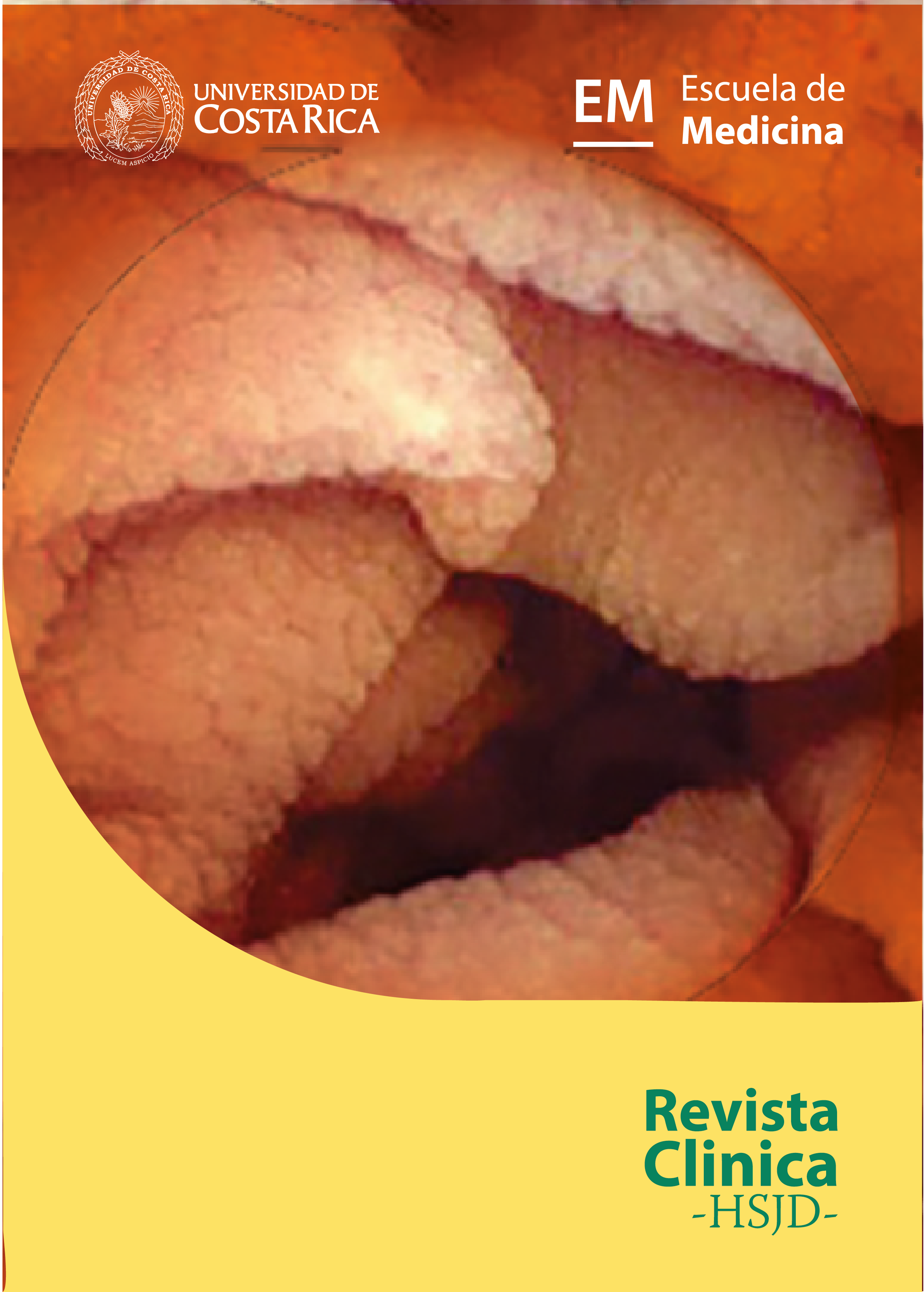Abstract
Gastric cancer has an important social impact because it is one of the leading causes of cancer death. Only 1-3 % of cases have a hereditary component(7), which suggests an environmental origin. Gastric cancer tends to emerge from gastritis or underlying chronic inflammation accompanied by hypochlorida, which is usually caused by Helicobacter pylori. When faced with a harmful stimulus, the normal epithelium of the stomach develops chronic atrophic gastritis that progresses to metaplasia and subsequently to dysplastic lesions(9). The symptomatology is usually very nonspecific and initially the physical examination is normal. The diagnosis is then delayed and is performed by means of endoscopy plus biopsy. Routine screening with gastroscopy is not recommended even if the epidemiological data of gastric cancer remains alarming

